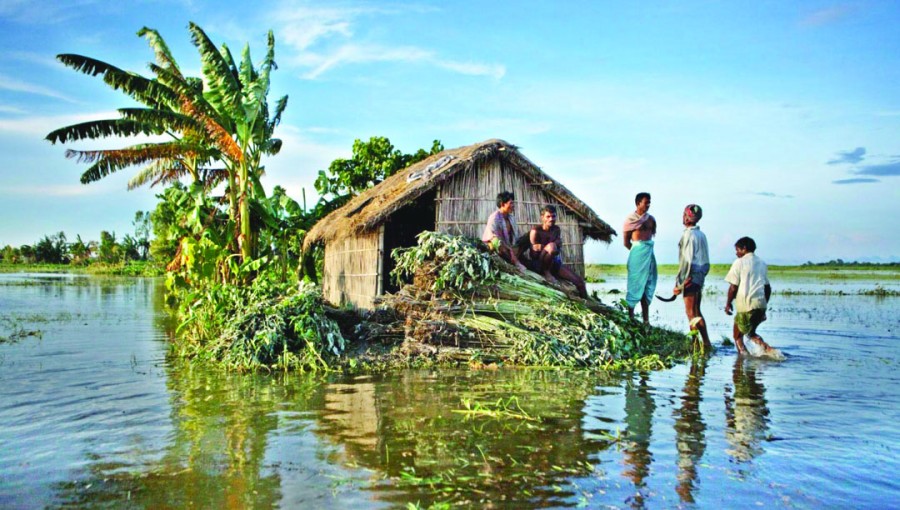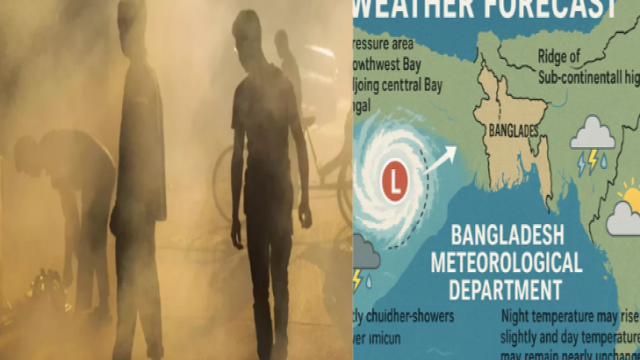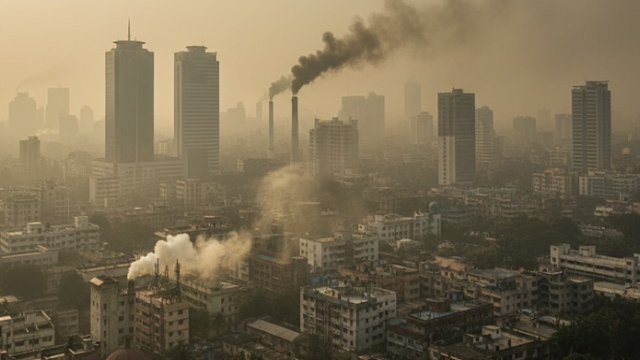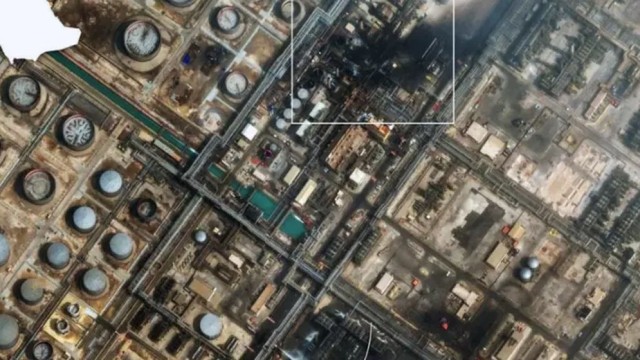Dhaka, Sep 18 (V7N): According to a recent report by Climate Central, Bangladesh is one of the nations hardest hit by extreme heat driven by climate change. The report highlights that 119 million people, approximately two-thirds of the population, were exposed to dangerously high temperatures for at least 30 days between June and August 2024.
This data is part of a broader global analysis showing that 2 billion people experienced at least 30 days of ‘risky heat’ this summer, primarily due to fossil fuel combustion and other human activities.
In Bangladesh, the average person faced 48 days of temperatures that were at least three times more likely due to climate change. Major cities like Dhaka, Chattogram, and Rajshahi saw record-breaking heat, with Dhaka enduring 31 of its hottest days attributed directly to human-induced climate change.
The prolonged heat poses severe health risks, especially in a country already vulnerable to extreme weather. The Climate Central report also reveals that Bangladesh experienced temperatures hotter than 90% of historical records for at least 36 days during this period.
The broader South Asian region faced similar extreme heat conditions, influenced significantly by climate change driven by the burning of coal, oil, and gas. The Climate Shift Index (CSI) for Dhaka indicated that the temperatures were at least three times more likely due to climate change.
Globally, the report found that people experienced an average of 17 additional days of ‘risky heat’ due to climate change. More than 4 billion people faced temperatures at least three times more likely due to climate change, with 72 countries recording their hottest summer since 1970. In the Northern Hemisphere, 180 cities experienced at least one extreme heatwave, which is now 21 times more likely due to carbon pollution.
Andrew Pershing, Climate Central’s vice-president for science, emphasized the universal threat of climate change, stating, “No region, country, or city is safe from the deadly threats posed by burning fossil fuels.” This reality is particularly acute in Bangladesh, where the interplay of poverty and climate change poses severe challenges.
The report underscores the urgent need for immediate national and international action to reduce emissions, invest in renewable energy, and support vulnerable populations in adapting to the escalating impacts of climate change. Bangladesh’s recent experience underscores the critical importance of decisive action to address the global climate crisis.
END/MSS/































Comment: